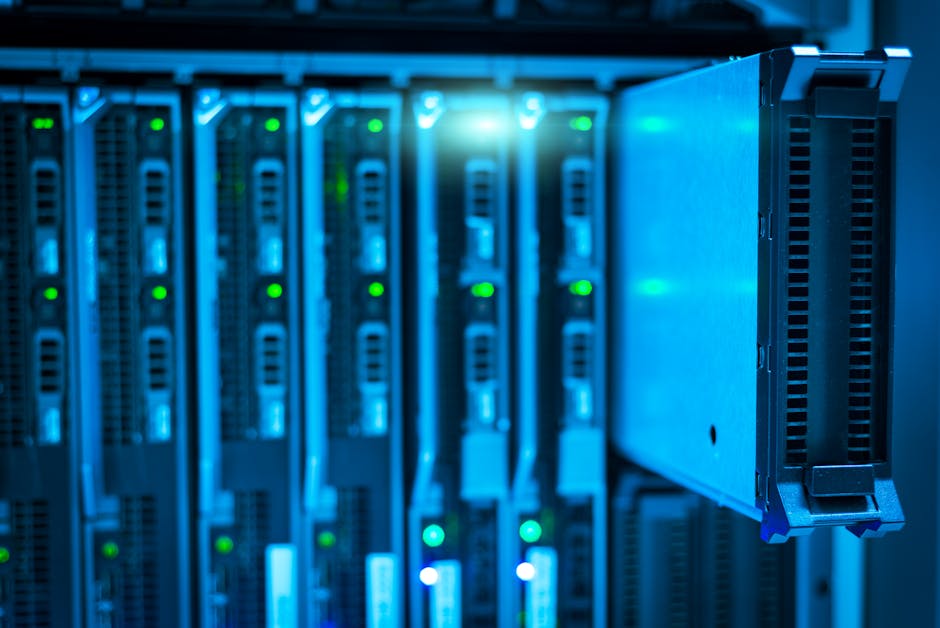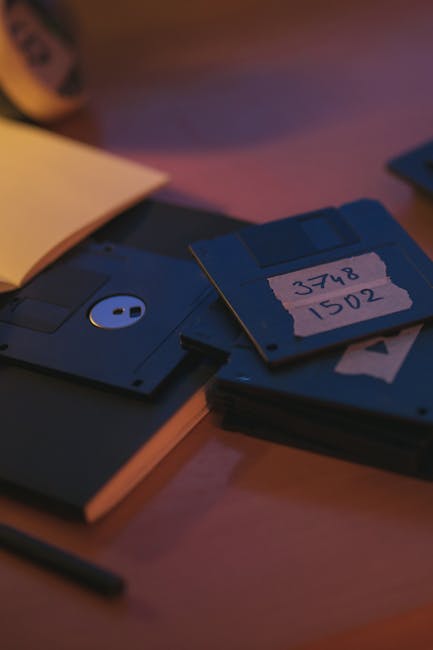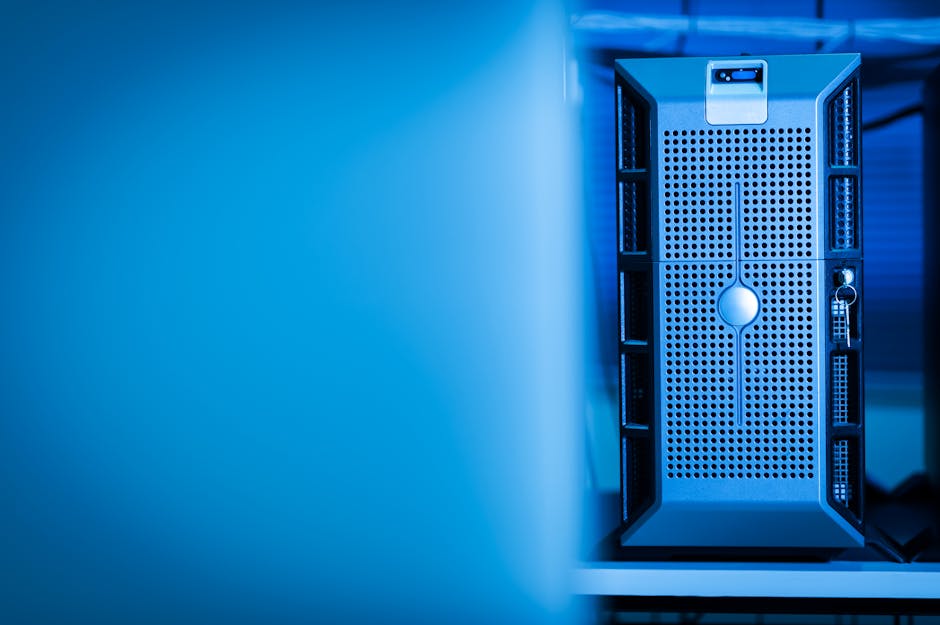Unlock encrypted content
Please enter your SSCE key to initiate on-the-fly decryption.
Decryption key: (Click cancel if you don't have the key)
Copied link to clipboard.
This feature is unavailable for free accounts. Upgrade now and enjoy all Premium benefits.
Go Premium!
This feature is unavailable for free accounts. Upgrade now and enjoy all Premium benefits.
Go Premium!
Please open this page in browser ( Google Chrome or Safari ) to use this feature.
Open In Browser
The Future of Technology: Exploring Cognitive Computing, Data Sharing, and Advanced Gadgets.
Random related video for this blog.
Copied share link to clipboard.
In an era where technology rapidly evolves, understanding its implications is crucial.
Cognitive Computing and Its Impact
Cognitive computing refers to systems that simulate human thought processes in complex situations. These systems utilize artificial intelligence (AI) and machine learning to analyze vast amounts of data, enabling more informed decision-making. One of the key areas where cognitive computing excels is in the processing and sharing of sensitive data. Organizations can leverage cognitive computing to enhance data security, ensuring that confidential information is shared only with authorized personnel. For instance, companies in finance and healthcare are increasingly adopting cognitive technologies to comply with regulations while optimizing their operations. The importance of cognitive computing extends beyond data protection; it plays a pivotal role in efficient backup and recovery processes. In the event of a data breach or system failure, cognitive systems can swiftly analyze the situation, identify the root cause, and initiate recovery protocols. This capability not only minimizes downtime but also helps organizations learn from incidents, improving their overall resilience. Moreover, cognitive computing has the potential to revolutionize remote pilot systems, particularly in industries such as aviation and drone technology. By integrating cognitive computing with these systems, operators can enhance situational awareness and decision-making capabilities. For example, drones equipped with cognitive systems can autonomously analyze their surroundings, making real-time adjustments to their flight paths to avoid obstacles or assess environmental conditions. This advancement not only enhances safety but also opens up new possibilities for applications in areas like surveillance, agriculture, and disaster response.Futuristic Gadgets and Their Role in Data Management
As technology progresses, futuristic gadgets are becoming integral to how we manage data. Devices like smartwatches, augmented reality glasses, and IoT-enabled appliances are not just tools for convenience; they are also gateways to more sophisticated data management systems. For instance, smartwatchescan collect and analyze health data, allowing users to share sensitive health information with medical professionals securely. This capability underscores the importance of online data protection, as safeguarding personal health data is paramount. In addition to personal devices, futuristic gadgets are transforming industries by enabling advanced weaponry and remote operations. For example, military drones equipped with cutting-edge technology can gather intelligence and perform reconnaissance missions without putting human lives at risk. These drones rely on cognitive computing to process real-time data, making them more effective in complex combat scenarios. However, the use of advanced weaponry raises ethical questions about data security and the potential for misuse, highlighting the need for robust data protection measures. Furthermore, as we explore exoplanets and habitable worlds, the role of futuristic gadgets becomes even more pronounced. Space exploration missions utilize advanced technology to collect and transmit data back to Earth. Ensuring the integrity and security of this data is essential, especially when it comes to sharing findings with the scientific community and the public. Implementing efficient backup and recovery processes for data collected during space missions is crucial, as it allows researchers to preserve invaluable information for future study.
Enhanced Data Sharing Solutions
In today's interconnected world, the ability to share data efficiently while maintaining security is essential. Organizations are increasingly seeking solutions that allow them to share sensitive information without compromising data integrity. This demand has led to the development of platforms that prioritize online data protection, offering features like Secure Solo Cipher Encryption (SSCE). This encryption method ensures that only authorized users can access shared data, providing peace of mind for organizations handling sensitive information. Additionally, the rise of file transfer services has transformed how we share large files, especially in industries where data exchange is frequent. Solutions like FileLu enable users to transfer files up to 10 GB for free, with no size limit for premium plans. This capability is invaluable for businesses that need to send large datasets or multimedia files securely. Furthermore, the ability to upload files and share them with clients or collaborators enhances productivity and streamlines workflows. The integration of cognitive computing into data-sharing platforms is also a game-changer. By leveraging AI algorithms, these platforms can analyze sharing patterns and user behaviors, providing insights that improve security measures. For instance, if a user attempts to share data outside of their typical geographic location, the system can flag this action for review, reducing the risk of unauthorized access. As we look to the future, the need for efficient backup and recovery processes becomes even more critical. Organizations must ensure that their data is not only securely shared but also backed up regularly to prevent loss in case of cyberattacks or system failures. This necessity drives innovation in data management solutions, leading to the development of more sophisticated backup systems that integrate seamlessly with cognitive computing technologies.Conclusion
The intersection of cognitive computing, advanced gadgets, and effective data management strategies represents a significant leap forward in technology. As we continue to explore new frontiers, including exoplanets and habitable worlds, the need for secure and efficient data sharing becomes increasingly important. Organizations must adapt to these changes by implementing robust data protection measures and leveraging futuristic technologies to enhance their operations. In summary, the evolution of technology offers exciting prospects for the future. By embracing cognitive computing and innovative data-sharing solutions, businesses can not only protect their sensitive information but also optimize their processes, paving the way for a more efficient and secure digital landscape.Frequently Asked Questions (FAQs)
Question: What is cognitive computing? Answer:
Cognitive computing simulates human thought processes to analyze data and make decisions.
Question: How can I ensure my sensitive data is shared securely? Answer:
Using platforms with Secure Solo Cipher Encryption (SSCE) can help protect your sensitive data.
Question: What are futuristic gadgets? Answer:
Futuristic gadgets are advanced devices that enhance data management and connectivity.
Question: Why is online data protection important? Answer:
It safeguards sensitive information from unauthorized access and cyber threats.
Question: How do backup and recovery processes work? Answer:
They involve creating copies of data and restoring it in case of loss or corruption. By Amelia Isabella
Email: [email protected]
Related
Intuitive File Collaboration Interfaces: Enhancing Productivity and Efficiency
July 8, 2023
Read More
Advanced File Search Capabilities: Enhancing Efficiency and Organization for Photographers
July 8, 2023
Read More
Efficient File Transfer Protocols: Revolutionizing Data Sharing and Collaboration
July 8, 2023
Read More
Seamless File Integration with Third-Party Apps: Enhancing Efficiency and Productivity
July 8, 2023
Read More
Data Sovereignty Options: NAS Limitations, Data Deduplication, and File Transfer...
July 8, 2023
Read More
Human-Machine Interface: Advancements in Alien Civilizations, Bioprinting, and ADAS
July 8, 2023
Read More
Introducing FileLu: Cutting-Edge Innovations in Cloud Storage and File Accessibility.
July 9, 2023
Read More
Space Data Storage: Exploring Emerging Technologies and Cutting-Edge Innovations
July 9, 2023
Read More
Popular
Latest
The Future of Digital Transformation: Exploring Smart Homes, Efficient File...
November 30, 2025
Read More
Exploring the Benefits of Cloud Storage and Innovative Technologies in...
November 26, 2025
Read More
The Future of Technology: Exploring Biohacking, Space Tourism, and Digital...
November 23, 2025
Read More
The Future of File Sharing: Streamlined Workflows for Photographers and...
November 19, 2025
Read More
Exploring the Intersection of Technology: From Cybersecurity to Augmented Reality...
November 16, 2025
Read More
The Future of File Management: Embracing Edge Computing and Efficient...
November 12, 2025
Read More
The Future of File Sharing: Exploring User-Friendly Solutions and Data...
November 5, 2025
Read More
The Future of Cloud Storage: How FileLu Empowers Creative Professionals...
November 2, 2025
Read More
The Future of Autonomous Technologies: Innovations in Robotics, File Sharing,...
October 29, 2025
Read More
Emerging Technologies Revolutionizing File Management: From Li-Fi to Robust Collaboration...
October 26, 2025
Read More
Emerging Technologies: Exploring the Impact of File Access Auditing, Genetic...
October 19, 2025
Read More
The Future of Data Storage: Exploring Advanced Encryption, Mobile Integration,...
October 5, 2025
Read More
Exploring the Future of Data Management: Security, Efficiency, and Cognitive...
September 28, 2025
Read More
Revolutionizing Data Management: Innovations in Storage, Security, and Sustainable Technology.
September 24, 2025
Read More















